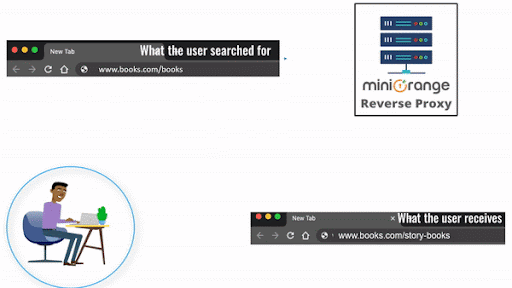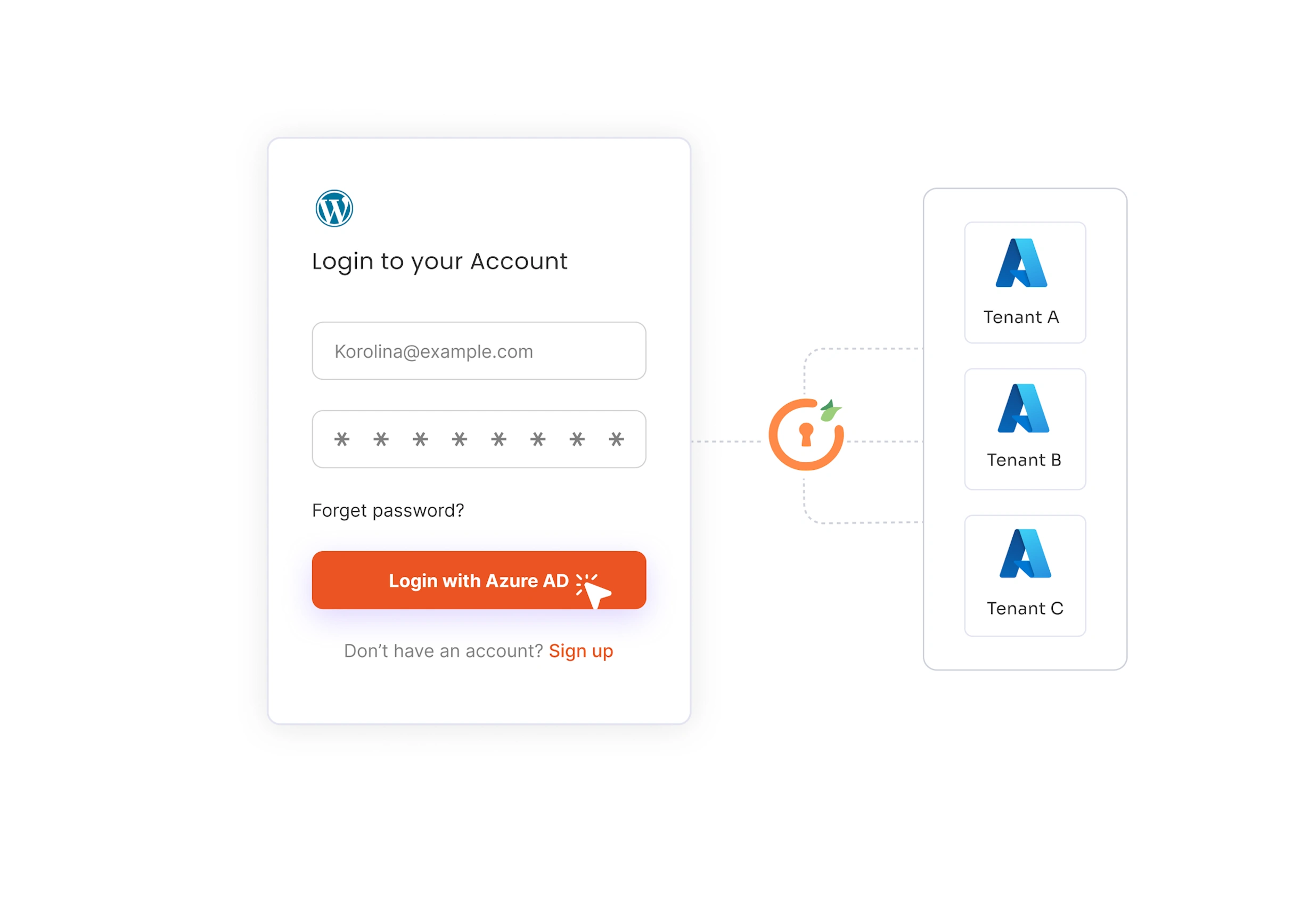Introduction
What is URL Rewriting?
URL rewriting is the process of ‘rephrasing’ a website’s URL by changing the web page URL ‘name’ (or site path name) to make it more readable for users, making the site path flows through web domains and subdomains easily understandable without breaking the web browser.
With this feature setup, you can make a long and confusing website URL more readable and user-friendly. You can also add dynamic page rewrite rules to add more customizability without worrying about security (redirect to a small business URL).
For example, a site URL like “https://www.amazingbooks.com/aid/5438937/book-id/6579idgf57h/” is too complex for any user to understand and raises suspicion about the site’s reliability. But after rewriting the URL, and converting the link to “https://www.amazingbooks.com/author-name/book-name/” it becomes clearer to read and understand.
This way, URL Rewriting converts a more complex site URL into something more user-friendly and trustworthy.
What is the difference between URL rewrite and URL redirect?
Well, a URL rewrite changes the URL name as displayed in the browser. But a URL redirect is a method where, upon opening a URL, another URL is loaded on your browser with the updated parameters. In simple terms, a URL redirect will take you to another page (commonly referred to as a website redirect or redirect page), while a URL rewrite is meant to show a meaningful and easy-to-read URL in the browser.
It also makes the web page link more discoverable for application or WordPress site users. Hence, implementing URL rewrites is recommended for startup business websites to help them compete with websites of established enterprises with high domain authority.
The webpage URL is rewritten (or transformed) so that it is easier for search engine’s like Google and Goggle crawler to read and quickly index the web page, which boosts the SEO of the website and any other connected pages inside the domain. You may also access various applications from a single base domain using a Reverse Proxy server (website redirect or redirect page).
Similar to URL rewriting, another feature is URI rewriting where you can change the path of the URI to point to different backend applications.
How does URL Rewriting work?
Let us consider a scenario where a specific webpage has a long URL with complex parameters and detail making the path difficult to understand:
- The users will be asked to log into the dashboard and provide a base domain name.
- The target URL has to be inserted in the dashboard to “rewrite” the URL of the webpage.
- Reverse Proxy will insert an additional layer in front of the old URL and hide its complexity (obscure the URL).
- Next time when the user opens the webpage, they will see the transformed and easier-to-read URL in the URL bar at the top of the browser.
In this way, the URL can be shortened and changed into something meaningful which is readable and helps improve the site’s SEO and security.
Benefits of using URL Rewriting
- Makes the URL more readable: A major advantage of URL Rewriting is that it makes the website URL (slug) shorter and easy to read for all.
- Host multiple websites: It gives you the ability to host multiple website pages from a single domain.
- Hides URL structure: The website path structure is hidden so as not to expose any directory structure of the site.
- Page traffic redirection (load balancing): Prevent direct access to the site and redirect the page traffic to another URL using URL Rewriting.
- Custom URL for WordPress: You can also create a custom URL path (or custom permalinks) for your WordPress site so that you can easily redirect to another URL (or page).
- Set rules for URL Rewrite/Redirect: The admin can set general or custom rules for users regarding which page to redirect to and Rewrite the URL accordingly.
- SEO advantage: An easy-to-read URL (or slug) makes it easy for Google to crawl the webpage and improve the SEO of the website.
- Obscure URL to hide files: You can obscure URLs to hide all your sensitive WordPress files and folders from any unwanted and unauthorized access. This also helps in preventing automated bots and web scrapers from gathering any data from your files.
Implementing URL rewriting for WordPress sites.
Consider a scenario where a WordPress site owner wants to display the content of one website on another website. The owner wants to toggle control when the users should be shown the main site content or the 2nd site content in its place, to obscure the main site URL. This use case can be achieved by configuring URL rewriting with a reverse proxy.
- When a user sends a request for the main WordPress site, the request will be sent to the reverse proxy first.
- The reverse proxy will check if the site owner has allowed visitors to view the main site content.
- If yes, then the user will be shown the main site content.
- Else, it will show the user the 2nd WordPress site’s content.

Conclusion
In this blog, we saw how URL rewriting can be set to prevent direct access to read the content of a WordPress website and also show a readable site path when users try to access a WordPress site. This way, users can be prevented from accessing a less secure WordPress site and be shown the content of another. Thus, Reverse Proxy stands as the best URL rewrite tool.
So if you are in the market to provide easy-to-read URLs or prevent direct access to WordPress sites, website redirects (redirect page), redirect URL to another URL, or even set custom page URLs for your WordPress site (WordPress custom URL rewrite), miniOrange provides world-class service and fits the bill for every organization’s need.





Leave a Comment